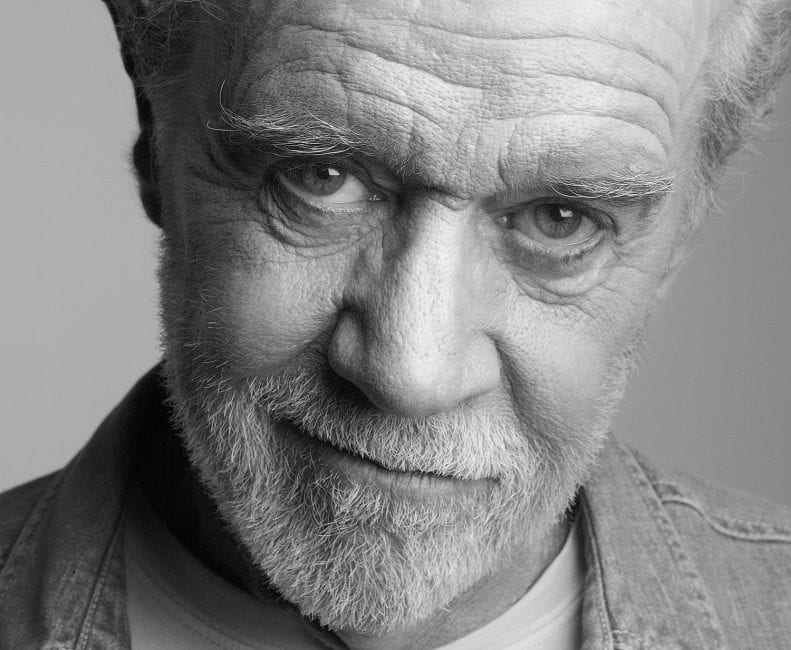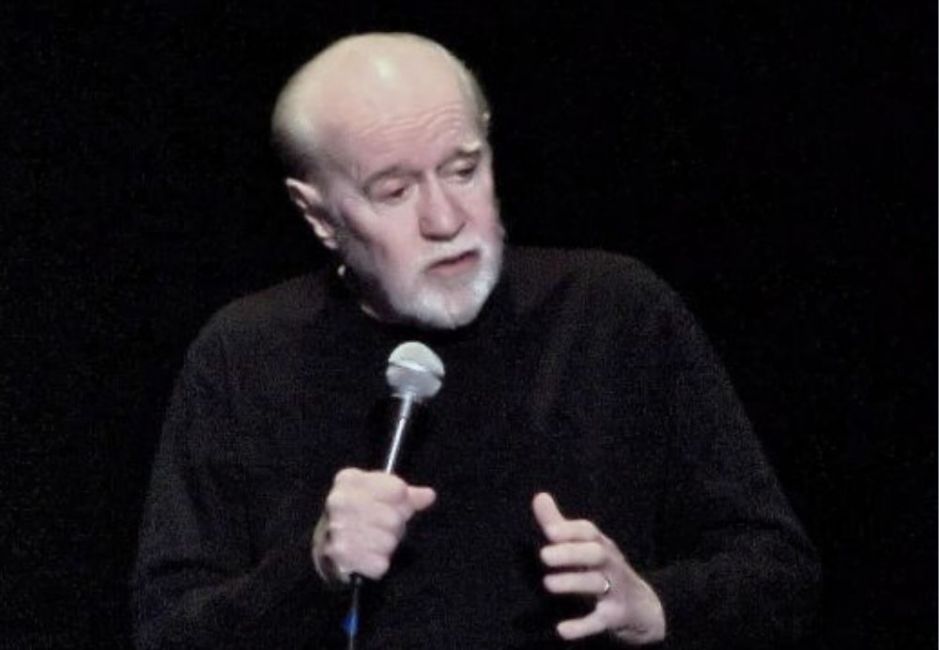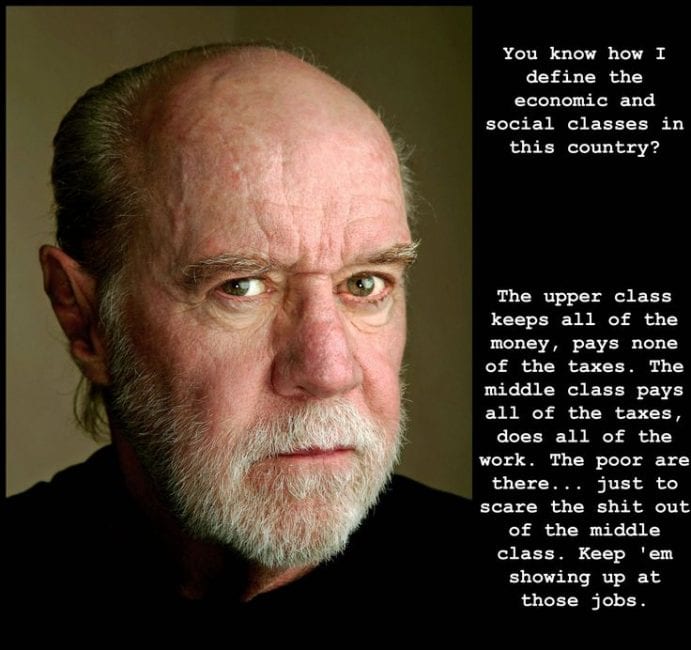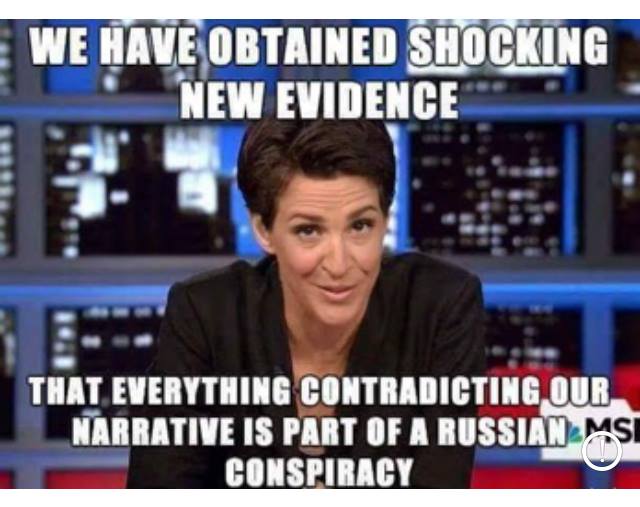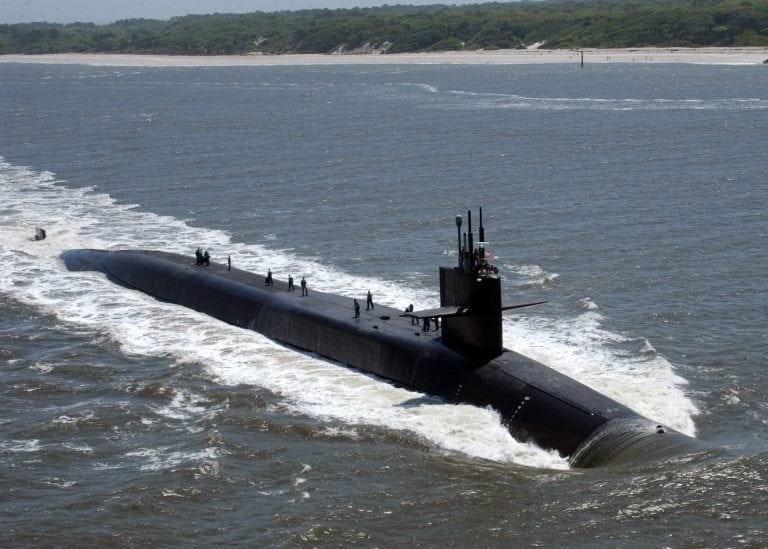Convenient Ideologies

 By Billy Bob
By Billy Bob
Billy Bob's Blowback Roundtable
THE WORLD THROUGH AN INDEPENDENT LEFT LENS
|
|
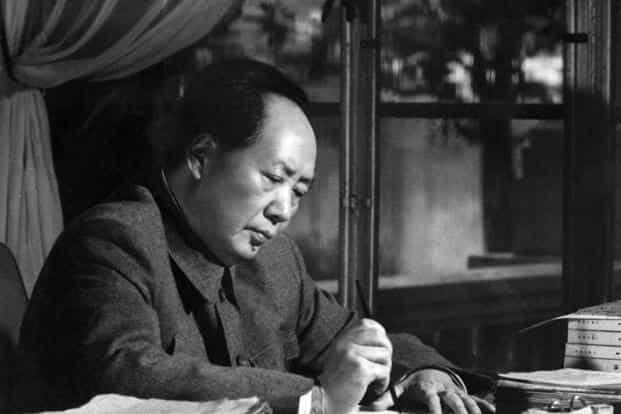
Mao was wise (and flexible) enough to implement the requisite changes. But capitalism has a fundamental ideological investment in the cult of economic freedom and competition, even in the age of multinational monopoly.
For a while, the narrative that "free trade is an eternal good", was beneficial to the interests of Western elites. So for generations people have been indoctrinated to support and embrace "free trade" policies. Since "free Trade" benefits those that are most prepared to win market competition, the imposition of "free Trade" policies in the colonies and throughout the developing world, was beneficial to the British empire. This was particularly true throughout the years prior to WWII even though at the same time, Britain was nurturing and developing their domestic industries with subsidies and tariffs.
The gospel of "Free Trade" was also beneficial to US elites who inherited the British empire after WWII. When the US accounted for half the global economy and only 5% of global population, "free trade" was an ideology that the US elites were keen to proliferate because by doing so, they ensured that their own industries (by now fully matured after being protected and nurtured by tariffs and subsidies) would be the greatest beneficiaries of market competition. So, the extent to which free trade policies were forced on the developing world, was the extent to which the Western elites benefitted from "market competition".
Additionally, Western elites set up institutes and other "educational" networks to train the leaders and future leaders of the developing world. These "leaders" would be well compensated for demanding that their respective countries adopt exploitative "free trade" policies that were detrimental to their people but beneficial to themselves (in the form of kick backs etc.) and especially beneficial to Western oligarchs.
Unfortunately for Western elites, material conditions have changed. China today is the most efficient producer of goods in the world and its greatest economic and industrial power. The ideology of "free trade" and "market competition" no longer serves the interests of the Western elite. Now Western elites must preach a new ideology which will better serve their interests and abandon the previous one, since they are no longer in a position to be the winner of market competition.
"While proletarian dictatorship develops policies and propaganda based on the best interest of the entirety of the working class, the bourgeoisie dictatorships decide policy and propaganda based on what is in the best interests of the wealthy elites..."
So the Western ruling elite have this eternal conundrum where their temporarily advantageous ideology which they proliferated and shoved down everyone's throat, must now shift a bit because it is no longer useful. This is not a new phenomenon. This phenomenon is as eternal and timeless as the existence of powerful elites that have interests that change over time, in accordance with changing material conditions.
In fact, a very similar phenomenon recently happened in China. Not long ago, the CPC proliferated the ideology of self-sufficiency and opposition to private ownership, due to the Sino-Soviet split and the Western Trade embargo. Mao was forced to embrace a policy of self-sufficiency out of necessity and this policy was sold to the public through the organs of state propaganda. Once Mao's lobbying successfully ended the Western Trade embargo, a shift was necessary in order to take advantage of the newly available economic opportunities. Some didn't understand this shift as they had fully embraced the propaganda of "self sufficiency". Many had become true believers in the expedient propaganda that was temporarily useful due to the existing material conditions. Once these conditions changed however, some of the true believers were unable to rationally recognize that it was in the best interest of everyone to embrace new policies and to update their ideology in order to better align with the changing material conditions. These folks fought against the ideological change and economic re-orientation even though the new orientation was obviously in the people's best interest. Thankfully, pragmatism won out and irrational dogma was rejected by the majority and China was able to successfully overcome these obstacles.
Currently the West is facing a similar transformation. Many are beholden to the temporary and expedient propaganda of yesteryear that was propagated in order to take full advantage of the material conditions that existed then. Now, the ruling elite are attempting to develop a new narrative and a new dogma that they can propagate and shove down everyone's throat, in order to best deal with the emerging material conditions.
Just like the true believers in China that took to heart the ideology of "self sufficiency", in the US, there are those that have taken to heart the dogmatic gospel of "free trade" and they are struggling to come to terms with the fact that their deeply held beliefs regarding the "eternal way of the universe" (lol), was nothing more than a temporary and cynical propaganda campaign designed to maximize the wealth and power of the ruling elites. Imagine the confusion of these poor folks as the ruling elites begin to abandon their old dogmas and embrace new ones in response to the changing material conditions and their own appraisal of how to best pursue their class interest.
A few points need to be made clear in order to not further confuse the already ideologically confused. I do not equate the working class dictatorship of China with the Capitalist class dictatorship of the West. While I understand that both the proletarian and bourgeois dictatorships respectively must deal with similar issues and must engage in ideological propaganda, censorship, and repression of their class enemies, etc., I understand that this is the inevitable result of capitalism and the class struggle that naturally follows capital's division of society between owners and workers.
While proletarian dictatorship develops policies and propaganda based on the best interest of the entirety of the working class, the bourgeois dictatorships decide policy and propaganda based on what is in the best interests of the wealthy elites. In other words, proletarian dictatorship is democratic and wants to further the interests of the masses while the dictatorship of the bourgeoisie is anti-democratic and is solely concerned with maintaining the power and privilege of the wealthy elites. These two are not the same and one is objectively better than the other, hence the need for revolution and the replacement of the latter with the former. Again, these are the inescapable and natural results of capitalism.
Capitalism of course was a necessary and tremendous improvement over feudalism but it contained within itself the contradictions that only socialism can solve. This struggle still continues as the capitalists resist progress as progress for the masses necessarily represents a decrease in their own wealth, power, and privilege. But socialism's victory over capitalism is as inevitable as capitalism's victory over feudalism."
Here's Ben Norton with the commentary that stimulated the above diatribe:
"Economist Joan Robinson demolished "free trade" dogma back in this 1979 book, showing how it was preached by the British empire only when it was in its economic interest, and contributed to underdevelopment of the periphery.
The US is doing exactly the same today, with its return to protectionism and trade war on China.
Free trade "doctrine suits the interests of whichever nation is in the strongest competitive position in world markets".
Her argument recalls the observation by Friedrich List in the 19th century that wealthy countries hypocritically "kick away the ladder", so poorer nations cannot follow the path to economic development that they did (a concept popularized by economist Ha-Joon Chang).
Robinson explained:
"The imposition of free trade on Portugal killed off a promising textile industry and left her with a slow-growing export market for wine, while for England, exports of cotton cloth led to accumulation, mechanization and the whole spiraling growth of the industrial revolution".
"Under the British Empire, the imposition of free trade made it possible for the Lancashire cotton industry first to ruin hand-loom production in what is now the Third World".
"In the post-war period, American influence was exercised, directly and through various international agencies, in favor of free trade, but since Japan became the strongest industrial competitor, faith in the doctrine has begun to weaken in the United States". (The same is happening today, as China has risen up the value chain and can now compete with US technology monopolies.)"
ABOUT THE AUTHOR / SOURCE Billy Bob is a dedicated anti-imperialist activist and blogger. He hosts the Blowback roundatable. You can reach him at his Facebook page HERE.
Billy Bob is a dedicated anti-imperialist activist and blogger. He hosts the Blowback roundatable. You can reach him at his Facebook page HERE.
 Billy Bob is a dedicated anti-imperialist activist and blogger. He hosts the Blowback roundatable. You can reach him at his Facebook page HERE.
Billy Bob is a dedicated anti-imperialist activist and blogger. He hosts the Blowback roundatable. You can reach him at his Facebook page HERE. Print this article
The views expressed herein are solely those of the author and may or may not reflect those of The Greanville Post. However, we do think they are important enough to be transmitted to a wider audience.

Unfortunately, most people take this site for granted.
DONATIONS HAVE ALMOST DRIED UP…
PLEASE send what you can today!
JUST USE THE BUTTON BELOW
[premium_newsticker id=”211406″]
 This work is licensed under a Creative Commons Attribution-NonCommercial 4.0 International License
This work is licensed under a Creative Commons Attribution-NonCommercial 4.0 International License


